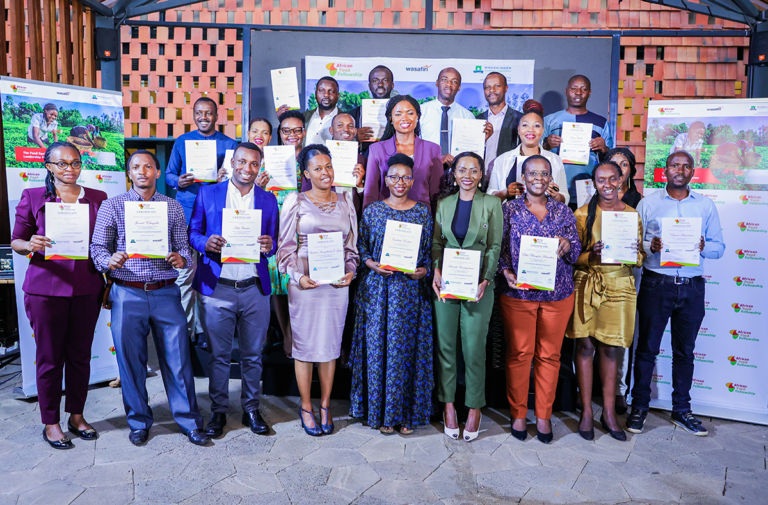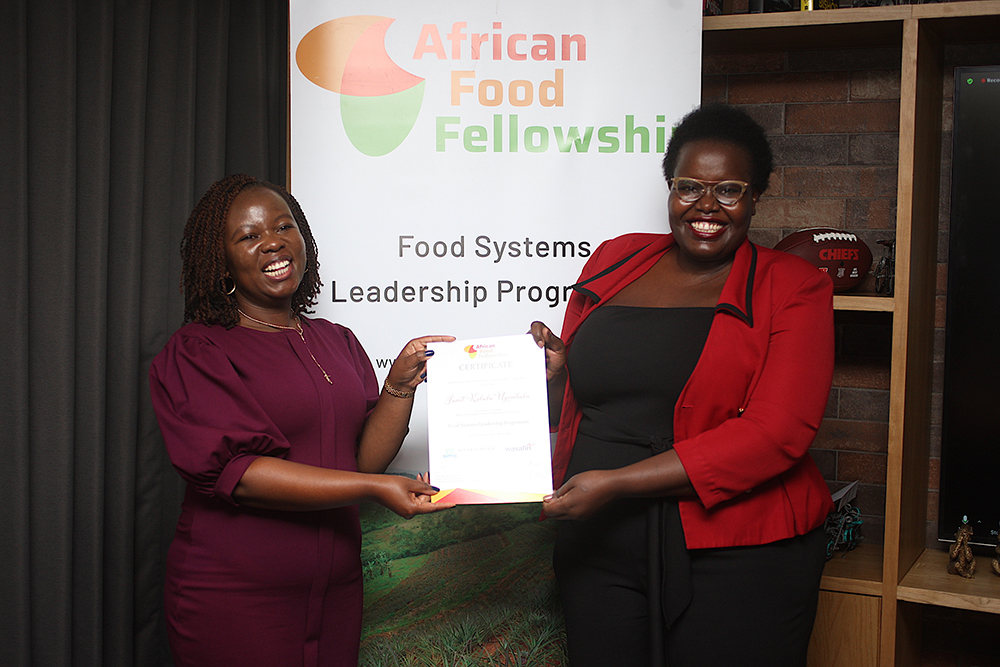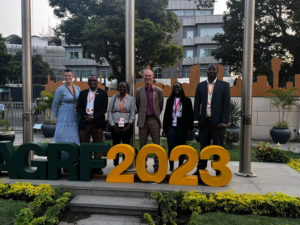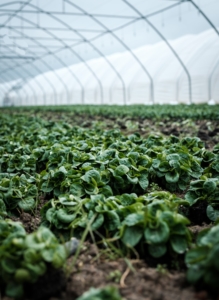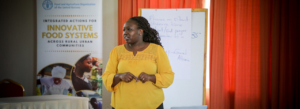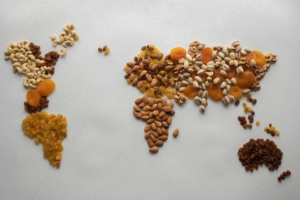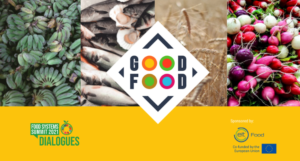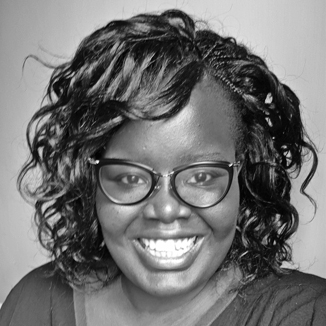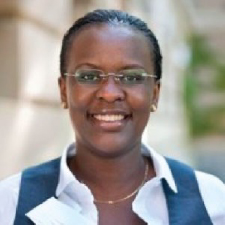Transform Food Festival, igniting ideas for systemic action to transform Kenya’s food systems
Latest posts
Share:
Why the Transform Food Festival?
The need for food systems leadership in Africa is greater than ever. The nature of the challenges facing food systems is increasingly clear. There is no shortage of evidence, ideas, or ambition. What is needed now is action: more effective, systemic action toward healthier, more inclusive, and sustainable outcomes on the continent.
The idea for the Transform Food Festival was to inspire individual and collective action to transform food systems.
The Transform Food Festival was conceived within the African Food Fellowship that is bringing together a new crop of leaders who will build healthier, more inclusive, and sustainable food systems across the continent. The festival convened leaders and practitioners to unlock new ideas, connections, and systemic action for the collective transformation of Africa’s food systems.
The Festival & Award
The festival was an inspirational gathering designed to showcase innovations in food systems, unlock new ideas and foster strong connections for action. The exclusive guest list included Fellows and guests of the African Food Fellowship, innovators, entrepreneurs, and pioneers in government, the private sector and civil society.
Participants enjoyed a vibrant and action-packed afternoon, with sessions ranging from plenary presentations to more intimate discussions in break-out groups.
The festival culminated in the Food Systems Leadership Award, an annual, national award for outstanding leadership for transforming Food Systems. Aquaculture fellows Dr Erick Ogello and Fredrick Juma won the most promising food systems leader and most promising food system initiative awards respectively.
Ogello was recognised for his contributions to research in live fish food production while Juma won the judges over with his commitment to protecting community livelihoods through farming the black soldier fly.
Watch a short video documentary of their work.
Looking ahead
“The journey toward healthier, more inclusive, and sustainable outcomes requires new forms of collaborative leadership which is what the festival hopes to achieve,” said African Food Fellowship Kenya Dean and Implementation Lead Brenda Mareri.
“We need bold actions to radically transform food systems that are failing people and the environment. We know that leaders have an incredible power to harness change and that networks play a big role to connect like-minded leaders. Our ambition is to nurture and self a network of leaders that come together to drive this change”, said Claudia Piacenza, regional manager of the African Food Fellowship.
“The Transform Food Festival represents a journey of togetherness, hope and opportunity. This gathering includes the sharpest actors in the industry working on solutions to the most pressing challenges facing food systems today. The African Food Fellowship is proud to catalyse collaborations among different sectors represented here to spark impactful action on the ground,” said African Food Fellowship Director Joost Guijt.




